Acne
Both sexes can have acne from children to adulthood, but in men, it usually lasts longer, as they produce more sebum, which is an oily substance responsible for acne. Women tend to have more acne during their menopause period, which is when their hormone levels change.
Read also: How to Prevent Kidney Stones: Simple Rules for Healthy Kidneys
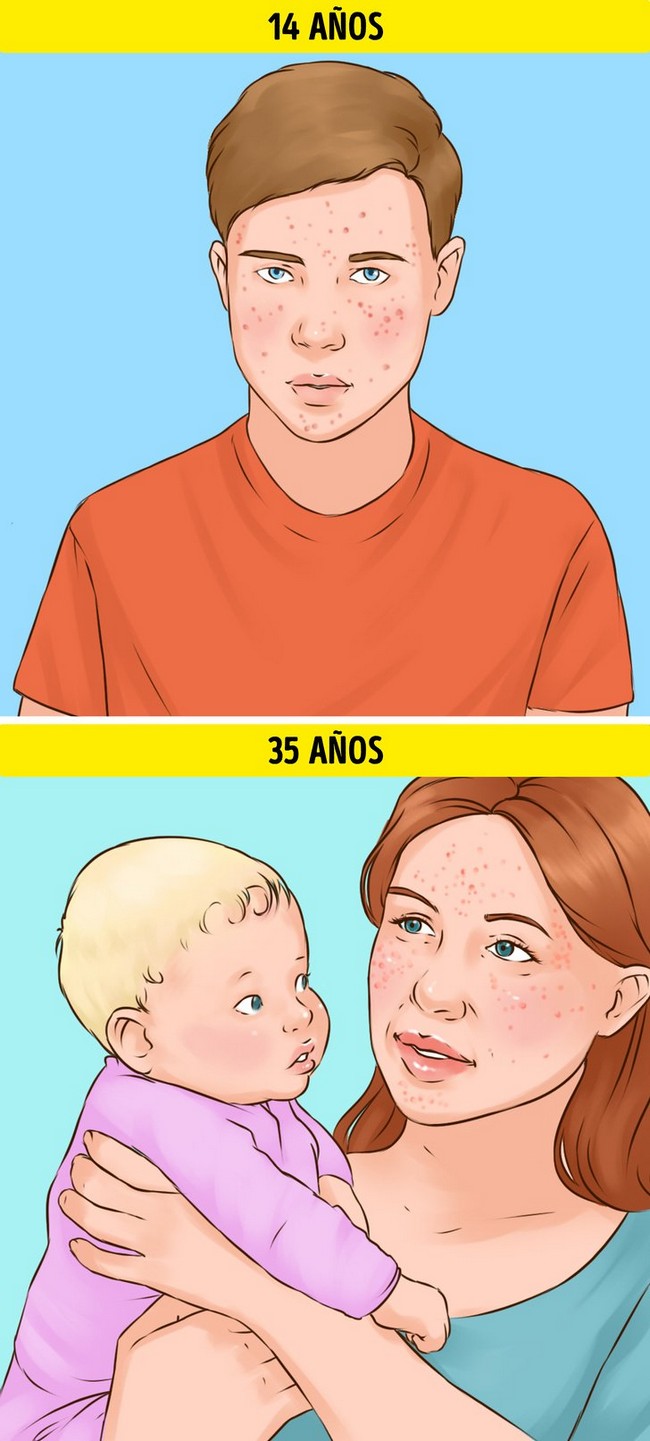
Multiple sclerosis
Multiple sclerosis is a disease that causes several complications, including impaired motor coordination. Multiple sclerosis is 2 to 3 times more common in women than in men. However, it is often more serious in men than in women.
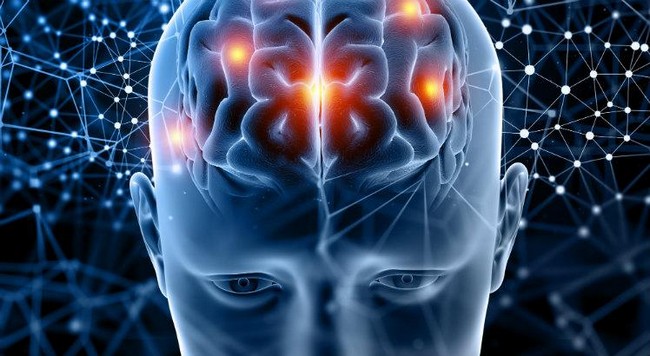
Osteoporosis
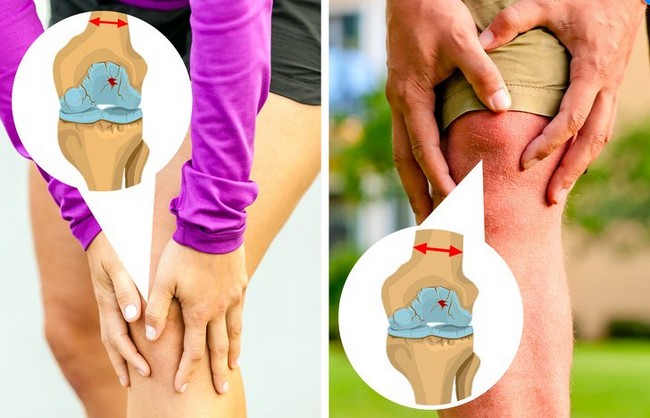
When compared to men, women have a 4 times greater risk of developing osteoporosis. The problem is more common, mainly in women over 50 years old. This is because women's bones are lighter and thinner.
Stroke
More women die each year than men from a stroke. Although men and women experience the same symptoms when they have a stroke, women may also experience additional and different symptoms, such as difficulty breathing, hallucinations, fainting, vomiting, agitation, convulsions, and hiccups.
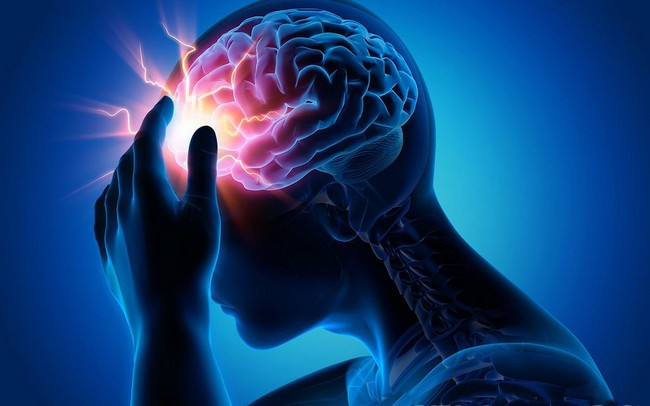
Baldness
Men are more likely to lose hair as they age than women. This is because male testosterone has a greater impact on hair. Testosterone is converted to dihydrotestosterone, a hormone that makes hair shorter and thinner. Hair loss in men can begin at age 20. This fall can be noticed in women around the age of 50 and 60, and hair loss in women is related to genetics and diseases.
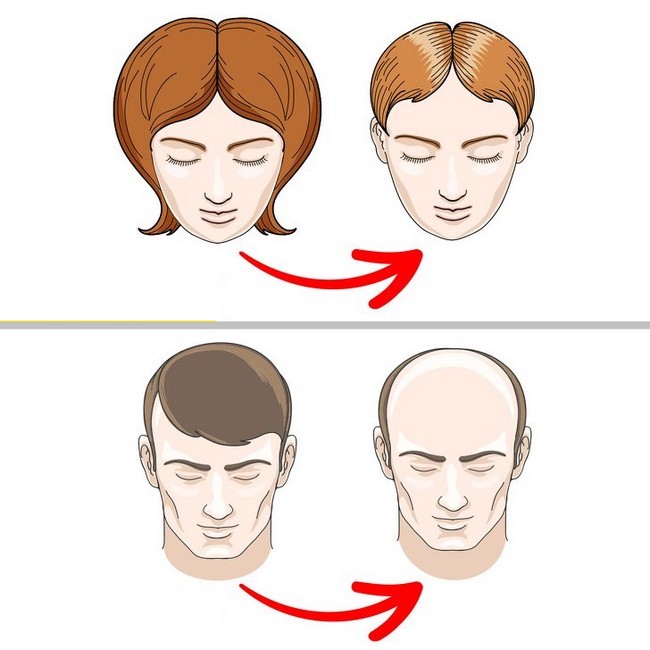
urinary tract infections
Urinary tract infections (UTI) are more common in women than in men, as women's urethra is shorter, and bacteria need to travel a shorter distance. On the other hand, the problem is more complicated in men, as infections usually have to do with blocking urine flow, not with bacteria.
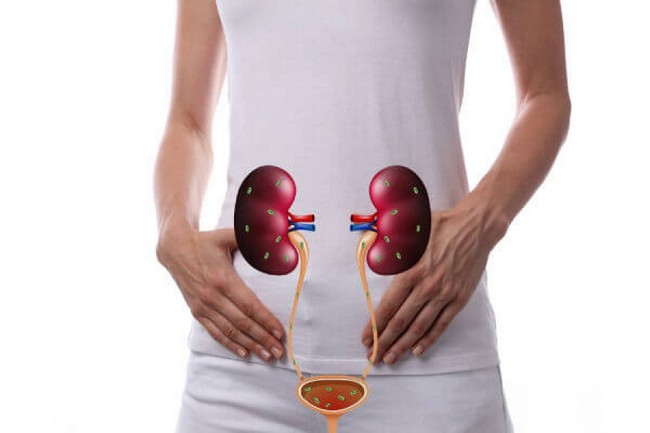
Depression and anxiety
Also read: 7 Signs Your Body Needs More Vitamin A
Women experience depression and anxiety more often than men. This is because women go through things that men generally do not experience, such as sexual abuse, socioeconomic disadvantages, income inequality. Women also have depression types that men do not, such as during pregnancy and the postpartum period.
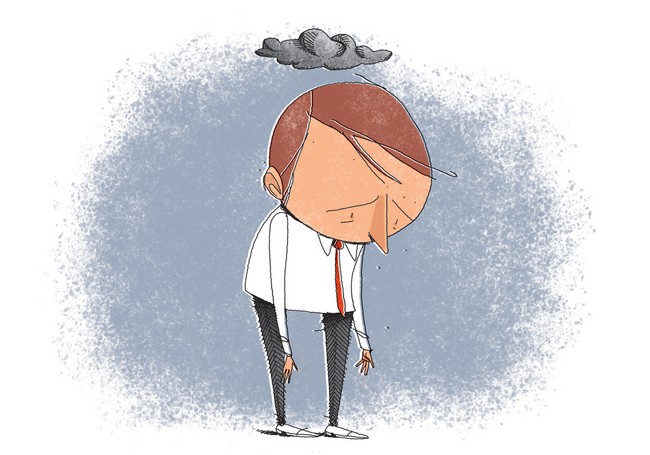
Heart attack
When they have a heart attack, both men and women can feel extreme chest pressure. However, women can suffer a heart attack without feeling that pressure. Instead, they may experience pain in the lower chest or upper abdomen, in addition to shortness of breath, dizziness, and extreme fatigue.
Adapted and translated by The Cop Cart Staff
Sources: Tudointeressante







